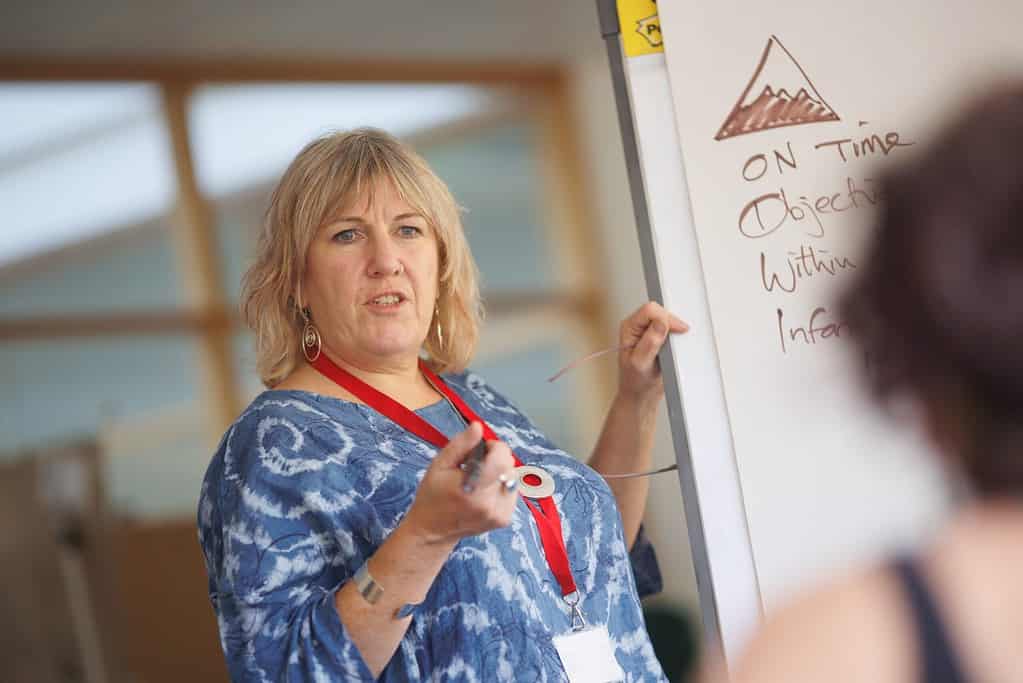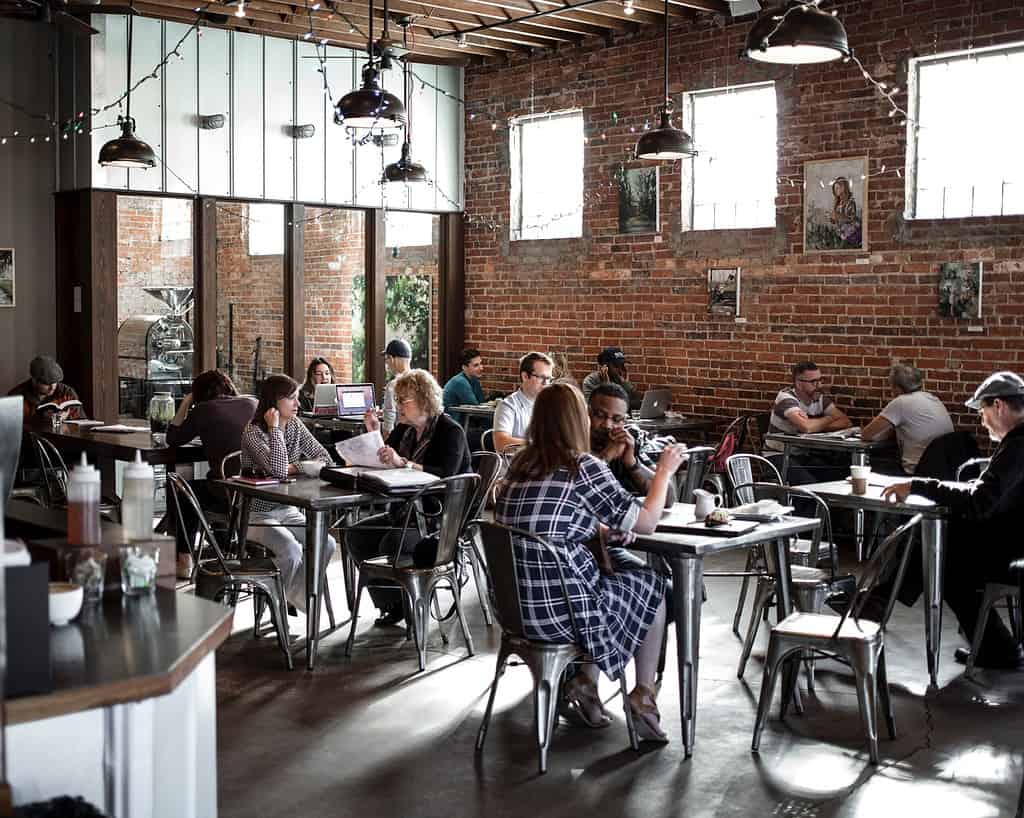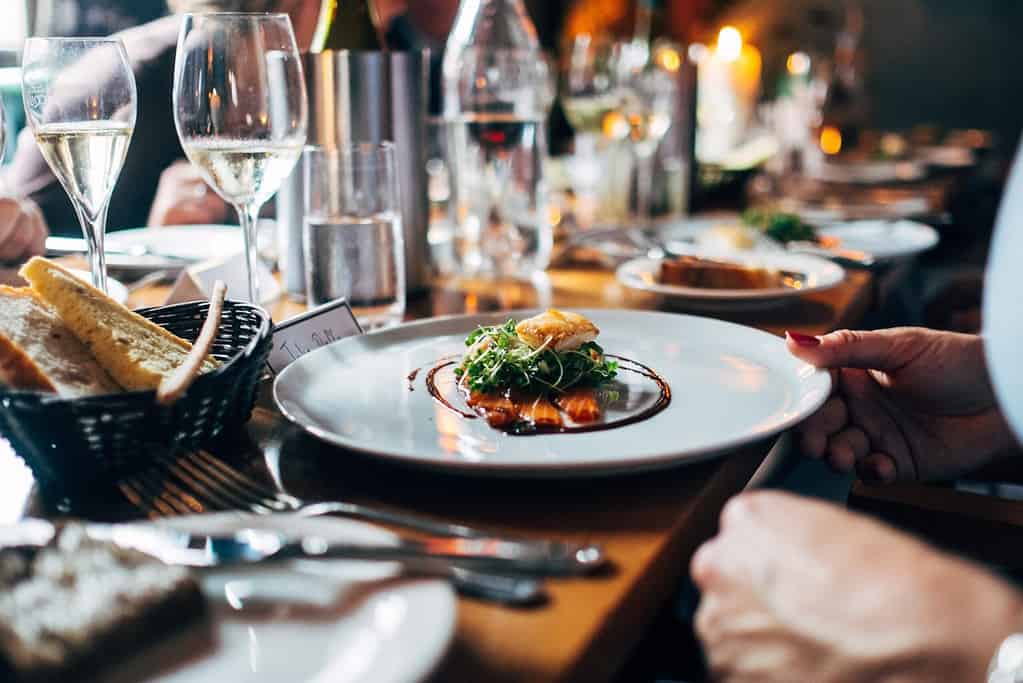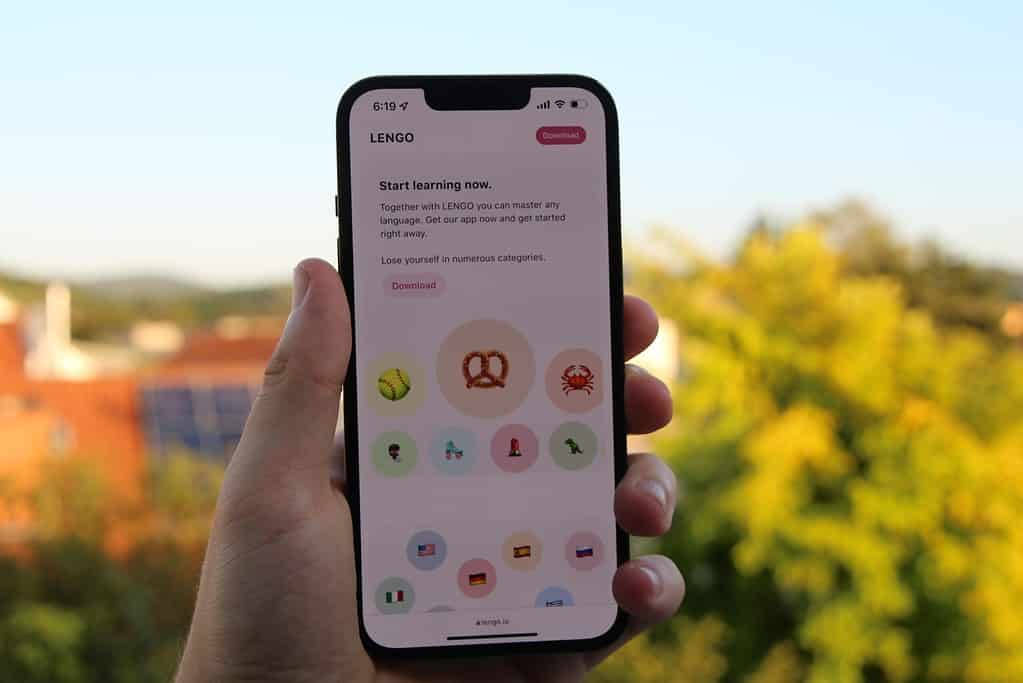Engaging in everyday conversations in French can be a delightful yet challenging experience. Whether one is travelling to a French-speaking country, connecting with friends, or simply looking to enhance language skills, mastering conversational French opens up a world of opportunities. This article provides practical tips and techniques to help individuals navigate the nuances of everyday French conversations with confidence.
The Importance of Everyday Conversation
Everyday conversation is the heartbeat of any language. It is through these interactions that individuals can express their thoughts, share experiences, and build relationships. In French, as in any language, the ability to converse effectively can significantly enhance one’s understanding and appreciation of the culture.
Building Connections
Conversing in French allows for deeper connections with native speakers. Engaging in dialogue not only facilitates communication but also fosters a sense of camaraderie. The French value conversation, and participating in it can lead to friendships and cultural exchanges that enrich one’s experience. Moreover, these connections often extend beyond mere words; they can lead to shared meals, local traditions, and even invitations to family gatherings, which are integral to the French social fabric. Such experiences provide a unique glimpse into the everyday lives of the French, allowing one to appreciate the nuances of their hospitality and warmth.
Cultural Insights
Every conversation is an opportunity to learn about French culture, traditions, and social norms. By engaging with locals, one can gain insights that go beyond what is taught in textbooks. This cultural immersion is invaluable for anyone looking to truly understand the French way of life. Conversations can reveal the subtleties of regional dialects, the significance of various customs, and even the historical context behind popular phrases. For instance, discussing local cuisine can lead to discovering the stories behind beloved dishes, while chatting about current events may unveil the collective sentiments surrounding social issues. These layers of understanding not only enhance language skills but also foster a profound respect for the rich tapestry of French heritage.
Essential Vocabulary for Everyday Conversations
To engage in meaningful conversations, a solid foundation of vocabulary is essential. Focusing on commonly used words and phrases can significantly enhance one’s conversational skills. Building a robust vocabulary not only aids in expressing oneself clearly but also fosters a deeper connection with others, allowing for more enriching exchanges that go beyond mere pleasantries.
Common Greetings and Farewells
Starting a conversation with a friendly greeting sets a positive tone. Simple phrases like “Bonjour” (Hello) and “Au revoir” (Goodbye) are fundamental. Additionally, expressions such as “Comment ça va?” (How are you?) can help initiate dialogue and show interest in the other person. It’s worth noting that the context and the relationship between speakers can influence the choice of greetings; for instance, a casual “Salut” (Hi) may be more appropriate among friends, while a formal “Bonjour, comment allez-vous?” (Hello, how are you?) is better suited for professional settings. This awareness of social nuances can greatly enhance the effectiveness of one’s communication.
Everyday Questions
Questions are the lifeblood of conversation. Learning how to ask questions can keep the dialogue flowing. Phrases like “Où est…?” (Where is…?) and “Qu’est-ce que vous faites?” (What do you do?) are practical tools for engaging others and demonstrating curiosity. Furthermore, open-ended questions, such as “Qu’est-ce que vous pensez de…?” (What do you think about…?), encourage more elaborate responses and invite the other person to share their thoughts and experiences. This not only enriches the conversation but also helps to build rapport, as individuals feel valued and heard when their opinions are sought. Mastering the art of questioning can transform a simple exchange into a lively discussion full of insights.
Practising Listening Skills
Listening is just as crucial as speaking in any conversation. Developing strong listening skills can greatly enhance comprehension and responsiveness in dialogues. It is often said that listening is an art, one that requires patience and an open mind. By honing this skill, individuals not only become better communicators but also foster deeper connections with others, as they demonstrate genuine interest in what is being shared.

Active Listening Techniques
Active listening involves fully concentrating on what is being said rather than merely waiting for one’s turn to speak. Techniques such as nodding, maintaining eye contact, and responding appropriately can signal engagement and encourage the speaker to elaborate. Furthermore, paraphrasing what the speaker has said can also be an effective technique, as it shows that you are processing the information and allows for clarification if there are any misunderstandings. This practice not only enhances the quality of the conversation but also builds trust between participants, creating a more open and productive dialogue.
Utilising Media for Listening Practice
Incorporating French media into daily routines can significantly improve listening skills. Listening to French music, watching films, or following podcasts can expose learners to various accents, slang, and colloquial expressions, enriching their understanding of the language. Additionally, engaging with different genres of media, such as news broadcasts or audiobooks, can provide contextually rich environments for learners to immerse themselves in the language. This exposure not only aids in familiarising oneself with the sounds and rhythms of French but also offers insights into cultural nuances and societal issues, making the learning experience both educational and enjoyable. By diversifying the types of media consumed, learners can better adapt to the fluid nature of spoken language, ultimately leading to more effective communication skills in real-life situations.
Embracing Mistakes as Learning Opportunities
Making mistakes is a natural part of the learning process. Embracing errors can lead to significant growth in language proficiency. Each misstep serves as a stepping stone, allowing learners to identify areas that require improvement and to develop a deeper understanding of the language’s nuances. Rather than viewing mistakes as setbacks, they should be seen as integral components of the journey towards fluency.
Overcoming the Fear of Speaking
Many learners hesitate to speak for fear of making mistakes. However, it is essential to recognise that mistakes are valuable learning opportunities. Engaging in conversation, regardless of proficiency, is the best way to improve. Native speakers often appreciate the effort and are usually more than willing to help correct errors. In fact, many find joy in sharing their language with others, and this creates a supportive environment where learners can thrive. Participating in language exchange meet-ups or casual discussions can significantly reduce anxiety and foster a sense of community among learners.
Learning from Feedback
Receiving constructive feedback can be instrumental in refining language skills. Engaging with language partners or tutors who can provide insights into pronunciation and grammar can help learners make necessary adjustments and build confidence. Moreover, feedback should not be viewed solely as criticism; it can also highlight strengths and areas of progress. This balanced approach encourages learners to celebrate their achievements, no matter how small, while remaining open to growth. Additionally, utilising technology, such as language learning apps that offer instant feedback, can further enhance the learning experience by allowing learners to practice in a low-pressure environment, making it easier to experiment with new vocabulary and structures without the fear of judgement.
Techniques for Building Fluency
Fluency is the ability to communicate ideas smoothly and effortlessly. Several techniques can aid in developing fluency in everyday conversations.
Regular Practice
Consistency is key when learning a language. Setting aside time each day for practice can lead to significant improvements. This could involve speaking with a language partner, participating in language exchange meetups, or even talking to oneself in French. Additionally, incorporating listening exercises, such as watching films or listening to podcasts in the target language, can enhance comprehension skills and expose learners to various accents and colloquial expressions. The more one immerses oneself in the language, the more natural the flow of conversation will become.
Role-Playing Scenarios
Role-playing different scenarios can be an effective way to prepare for real-life conversations. Practising common situations, such as ordering food at a restaurant or asking for directions, can help build confidence and familiarity with essential vocabulary. Furthermore, engaging in role-play with a partner allows for immediate feedback, enabling learners to correct mistakes on the spot and refine their pronunciation. Expanding these scenarios to include less common situations, like negotiating a business deal or discussing current events, can also prepare learners for a broader range of conversational contexts, making them more versatile communicators.
Engaging in Conversational French
Engagement in conversations goes beyond just speaking; it involves active participation and responsiveness. Here are some strategies to enhance conversational engagement.
Using Open-Ended Questions
Open-ended questions encourage more elaborate responses and foster deeper discussions. Instead of asking “Did you enjoy the film?” one might ask, “Qu’est-ce que vous avez pensé du film?” (What did you think of the film?). This invites the other person to share their thoughts in greater detail. Such questions not only stimulate conversation but also demonstrate genuine interest in the other person’s perspective, which can lead to a more meaningful exchange. Additionally, incorporating follow-up questions based on their responses can further deepen the conversation and show that you are actively listening.
Sharing Personal Experiences
Sharing personal anecdotes can create a more intimate and engaging conversation. Relating experiences to the topic at hand can help establish common ground and encourage the other person to share their own stories, thus enriching the dialogue. For instance, if the discussion revolves around travel, recounting a memorable trip can spark enthusiasm and lead to a vibrant exchange of travel tales. This not only makes the conversation more enjoyable but also helps build rapport, as personal stories often reveal shared values and interests that can strengthen connections between speakers.
Moreover, weaving in cultural references or local idioms can add a layer of authenticity to your conversation. For example, discussing a popular French festival or a beloved dish can evoke a sense of place and tradition, making the dialogue more relatable and vivid. Such elements not only enhance the richness of the conversation but also provide opportunities for learning and cultural exchange, which are invaluable in language practice.
Utilising Technology for Language Learning
In the digital age, technology offers a plethora of resources for language learners. From applications to online courses, the options are vast.

Language Learning Apps
Apps such as Duolingo, Babbel, and Memrise provide interactive ways to learn vocabulary and grammar. These platforms often include speaking and listening exercises, making them excellent tools for enhancing conversational skills. Additionally, many of these apps employ gamification techniques, which can significantly increase motivation and engagement. Users can earn points, unlock levels, and compete with friends, turning language learning into an enjoyable and rewarding experience.
Online Language Exchanges
Websites and platforms that facilitate language exchanges can connect learners with native speakers. Engaging in conversation with someone who speaks French natively can provide invaluable practice and insight into colloquial language use. Moreover, these exchanges often foster cultural exchange, allowing learners to gain a deeper understanding of the customs and traditions associated with the language they are studying. This cultural immersion can enhance the learning experience, making it not just about vocabulary and grammar, but about the rich tapestry of life that language encapsulates.
Furthermore, many language exchange platforms offer features such as video calls and text chat, enabling learners to practice speaking and writing in real-time. This immediate feedback can be crucial for improving pronunciation and fluency. Some platforms even provide structured lessons or conversation prompts to guide discussions, ensuring that learners can make the most of their time spent with native speakers. The flexibility of these exchanges means that learners can find partners from around the world, allowing for a diverse range of accents and dialects, which is invaluable for developing a well-rounded understanding of the language.
Understanding French Culture Through Conversation
Language and culture are intricately linked. Understanding cultural nuances can greatly enhance conversational skills.
Social Etiquette
French social etiquette plays a significant role in conversations. Understanding the importance of formal and informal speech, such as using “vous” versus “tu,” can help navigate social interactions more effectively. Additionally, being aware of cultural norms, such as greetings and gestures, can prevent misunderstandings. For instance, a simple handshake is common in formal settings, while close friends may greet each other with a kiss on both cheeks, a practice that varies by region. Such nuances reflect the French emphasis on politeness and respect, which are deeply embedded in their social fabric. Moreover, mastering the art of small talk, or “la conversation,” is essential; discussing the weather or recent holidays can serve as a warm-up before delving into more profound topics.
Current Events and Topics of Interest
Staying informed about current events and popular culture in French-speaking countries can provide relevant topics for conversation. Engaging in discussions about local news, sports, or cultural events can demonstrate interest and facilitate deeper connections with speakers. For example, the French passion for football, particularly during the Ligue 1 season or international tournaments, can spark lively debates among fans. Additionally, being knowledgeable about French cinema or literature can enrich conversations, as these subjects often evoke strong opinions and emotional responses. Festivals such as the Cannes Film Festival or literary events like the Prix Goncourt are not only significant cultural touchstones but also excellent conversation starters, allowing individuals to share their thoughts on the latest films or books that have captivated the nation. In this way, being well-versed in contemporary issues and cultural phenomena can transform a simple dialogue into a meaningful exchange, fostering a genuine connection with French speakers.
Conclusion: The Journey to Mastery
Mastering everyday conversation in French is a journey that requires patience, practice, and a willingness to learn. By focusing on essential vocabulary, practising listening skills, embracing mistakes, and engaging with the culture, individuals can significantly enhance their conversational abilities. With dedication and the right techniques, anyone can navigate the rich tapestry of everyday French conversations with confidence and ease.

Ultimately, the goal is not just to speak French but to connect with others, share experiences, and immerse oneself in the beauty of the language and its culture. So, take the plunge, engage in conversations, and enjoy the journey of mastering everyday French.
Take Your French Conversations Further with Swaplang
Ready to put these tips into practice and elevate your French conversational skills? Join Swaplang today and connect with native speakers who can help you refine your language abilities in real-time. With our easy-to-use platform, you can schedule one-on-one conversation practice sessions instantly, whether you’re on a browser or mobile. Don’t just learn French—live it by speaking confidently with fluent partners. Sign up now to schedule your live language exchange and start your journey to fluency with Swaplang!

















